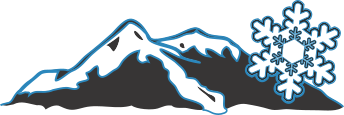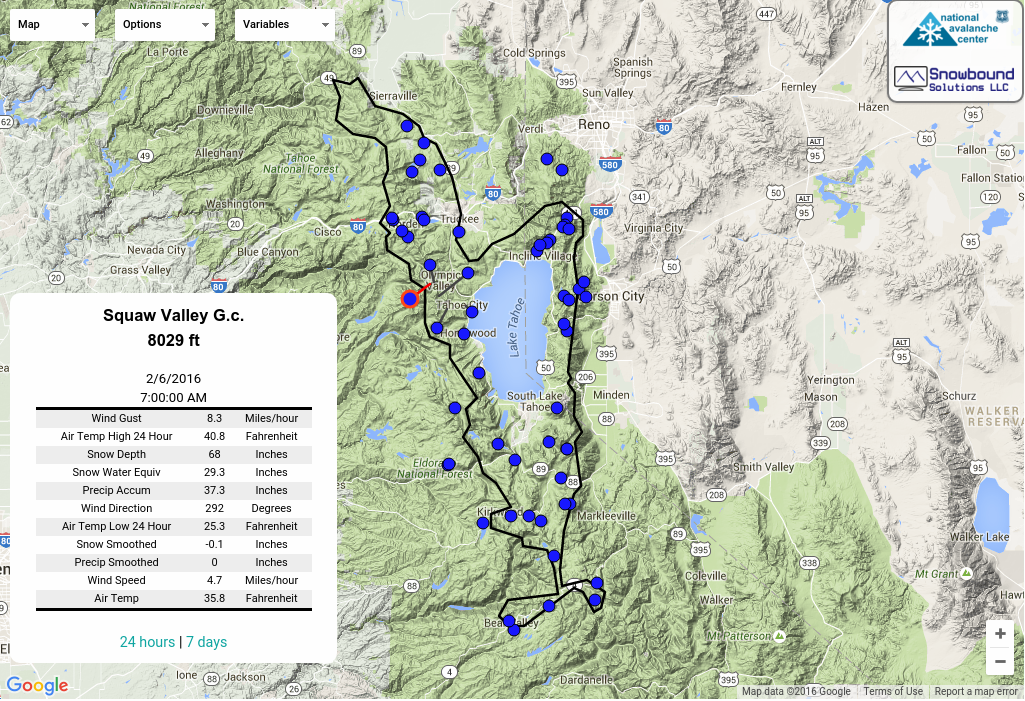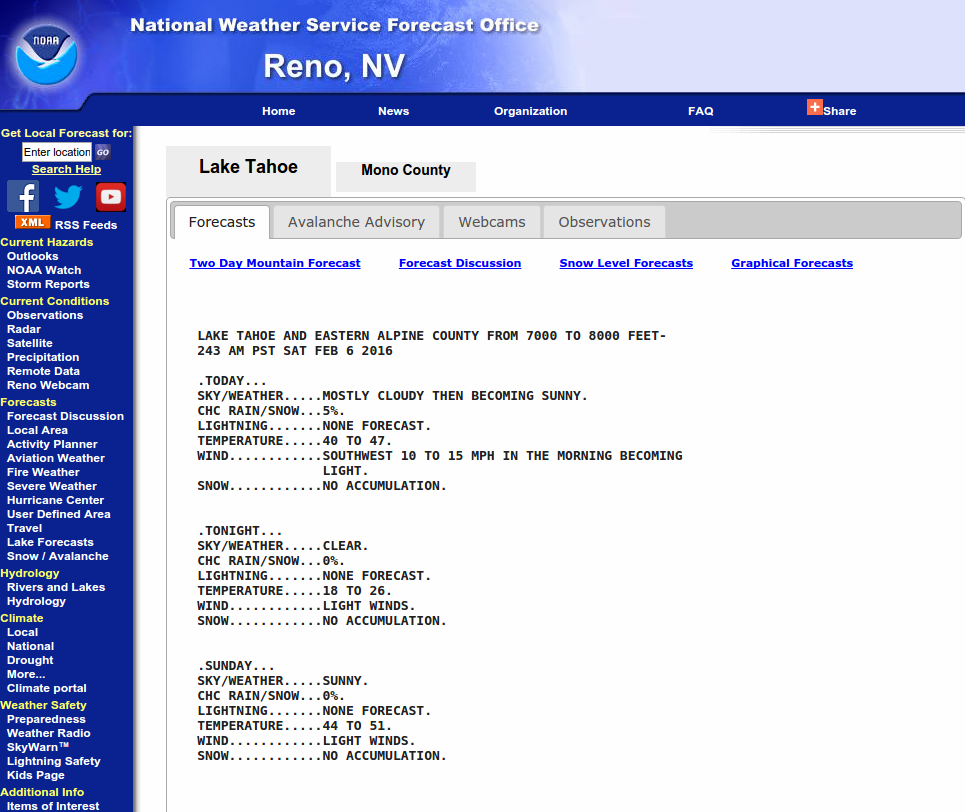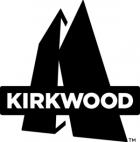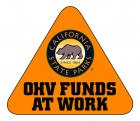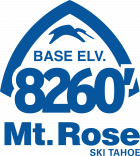
This Avalanche Advisory was published on April 26, 2007:
|
|
April 26, 2007 at 0:00 am |
|
|
Forecast Discussion:
This advisory was posted on Thursday, April 26th, 2007 at 11:40 am
The bottom line: Warming temperatures and intense solar radiation are allowing for the continued possibility of human triggered wet snow avalanches in sun exposed areas, mainly on steep NE-E-SE aspects. Naturally occurring wet slab avalanches are not impossible in isolated areas on upper elevation N aspects.
High pressure has built into the forecast area. This ridge should persist over the forecast area through the weekend. Low pressure areas to the far north and far south of the forecast area will cause the northeast winds that began last night to continue through tonight. By tomorrow the winds should calm down and allow air temperatures to reach record highs across the area this weekend. It is now late spring and the sun's radiation is much more intense than it was in mid March when temperatures last climbed this high. Sunny skies should last through the weekend. Air temperatures should also stay above freezing through the nights.
Settlement and melt have reduced the snow depth to only one inch above where is was previous to the last storm. Melt-freeze snow surface conditions have become widespread over the past few days. Very isolated pockets of soft, unconsolidated snow linger in shaded, wind protected areas, but this is not representative of most areas.
Concern exists for naturally occurring deep wet slab avalanches in isolated areas on northerly aspects as air temperatures warm over then next few days. Higher elevation northerly aspects where dry basal layer facets exist within the snowpack structure are suspect. This snowpack structure has been observed in the Carson Range (Mount Rose area) and may exist elsewhere. In this area, free water did not percolate to the depth of the faceted basal layer on northerly aspects during warm periods earlier this spring. With high late spring sun angles and warm air temperatures expected for the next few days, free water percolation to the basal snow layer depth is possible. This is the typical snowpack structure and weather event that causes deep wet snow instability. These events are very difficult to predict and can result in large, destructive avalanches.
The bottom line: Warming temperatures and intense solar radiation are allowing for the continued possibility of human triggered wet snow avalanches in sun exposed areas, mainly on steep NE-E-SE aspects. Naturally occurring wet slab avalanches are not impossible in isolated areas on upper elevation N aspects.
We are scaling back operations and are no longer issuing avalanche advisories for this season. We will continue to provide weather and snow condition information until we close for the season on April 28th.
Thank you to all of our sponsors, those individuals who purchased tickets for the SAC Ski Day fundraising events, and everyone else who donated funding this winter. We have met our operating budget for this season and have a solid start on next year's funding. For more details about our financial situation please click here.
Brandon Schwartz and Andy Anderson, Avalanche Forecasters
Today's Central Sierra Weather Observations:
0600 temperature at Sierra Crest (8,700 feet): 31 deg. F
Max. temperature at Sierra Crest past 24 hours: 47 deg. F
Average wind direction at Sierra Crest past 24 hours: southwest shifted to east northeast last night
Average wind speed at Sierra Crest past 24 hours: 30 mph
Maximum wind gust at Sierra Crest past 24 hours: 43 mph
New snow fall at 8,200 feet past 24 hours: 0 inches
Total snow depth at 8,200 feet: 57 inches
Mountain Weather Forecast For Today: Sunny skies.
Temperature forecast for 8,000 to 9,000 feet: 47-57 degrees F.
Ridgetop winds forecast for the Sierra Crest: Northeast 25 - 35 mph.
Snowfall expected in the next 24 hours: 0 inches
2 Day Mountain Weather Forecast:
7000 to 8000 Feet:
Today, sunny skies with daytime highs 55 to 63 degrees. Northeast winds a 5-15mph. Tonight, clear skies with overnight lows 34 to 40 degrees F. Northeast winds at 5 to 15 mph. Friday, sunny skies with daytime highs 63 to 71 degrees F. Light winds are expected.
Above 8000 Feet:
Today, sunny skies with daytime highs 47 to 57 degrees. Northeast winds a 25-35 mph. Tonight, clear skies with overnight lows 34 to 40 degrees F. Northeast winds at 15 to 25 mph. Friday, sunny skies with daytime highs 55 to 65 degrees F. Light winds are expected.
The bottom line:
Weather Observations from along the Sierra Crest between 8200 ft and 8800 ft:
| 0600 temperature: | deg. F. |
| Max. temperature in the last 24 hours: | deg. F. |
| Average wind direction during the last 24 hours: | |
| Average wind speed during the last 24 hours: | mph |
| Maximum wind gust in the last 24 hours: | mph |
| New snowfall in the last 24 hours: | O inches |
| Total snow depth: | inches |
Two-Day Mountain Weather Forecast - Produced in partnership with the Reno NWS
For 7000-8000 ft: |
|||
| Thursday: | Thursday Night: | Friday: | |
| Weather: | |||
| Temperatures: | deg. F. | deg. F. | deg. F. |
| Wind direction: | |||
| Wind speed: | |||
| Expected snowfall: | O in. | O in. | O in. |
For 8000-9000 ft: |
|||
| Thursday: | Thursday Night: | Friday: | |
| Weather: | |||
| Temperatures: | deg. F. | deg. F. | deg. F. |
| Wind direction: | |||
| Wind speed: | |||
| Expected snowfall: | O in. | O in. | O in. |
